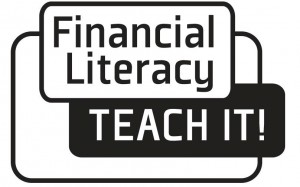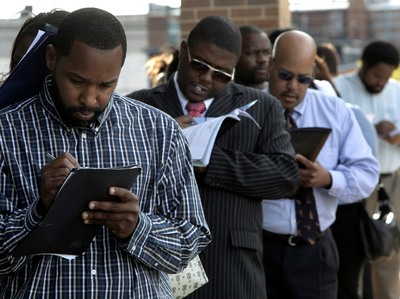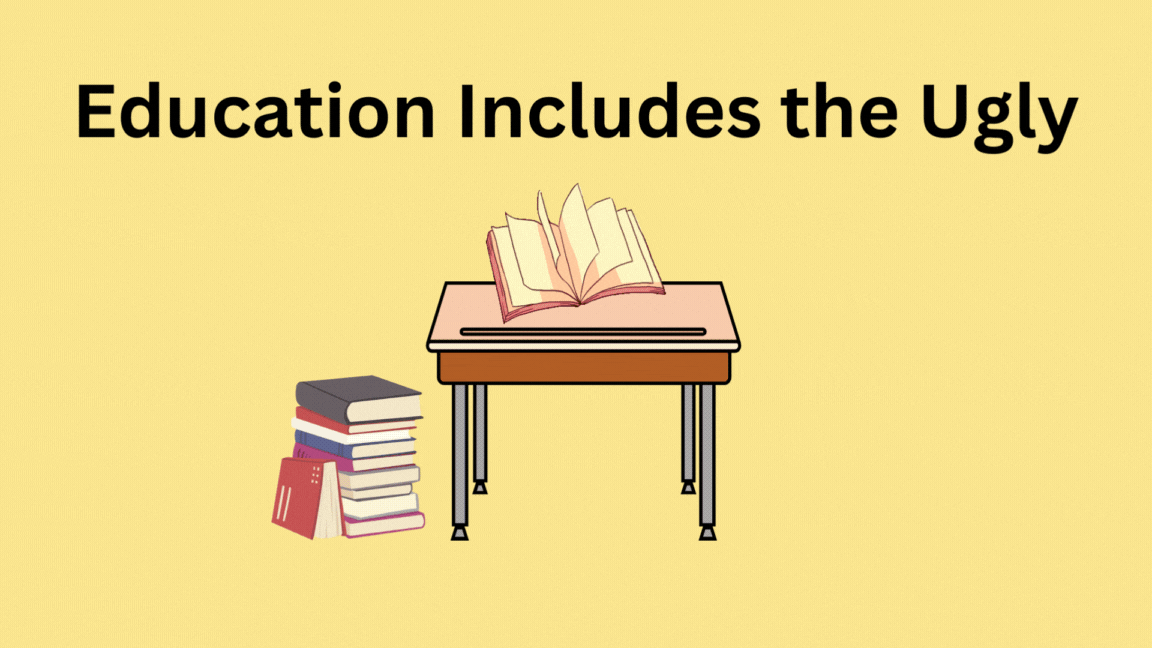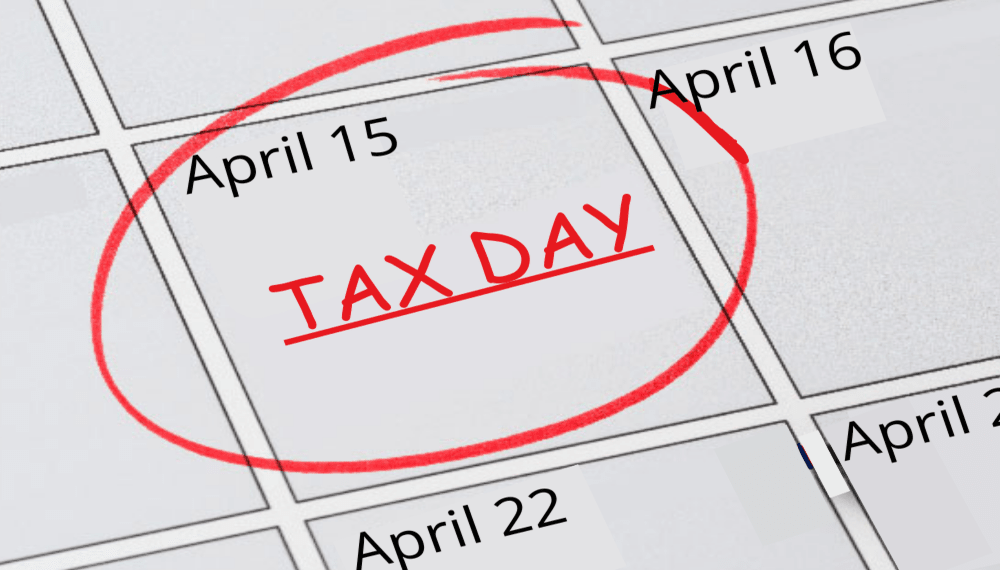(ThyBlackMan.com) When I was a young boy, I was not familiar with the concepts of financial literacy and responsibility. I did understand that luxury and a comfortable lifestyle — two things I had no experience with — would only be obtained by making myself valuable to society. After many difficulties in early childhood, I realized that the person who had the most to do with what happened to me in life was me.
Now, as we sit here with formidable annual budget deficits and growing national debt, it is clear that the people who should be the most concerned about our future obligations are the young members of our society who will be saddled with massive taxes if we do not change our ways.
During my college days, students were much more involved in what was going on in the country, and there were frequent marches and protests. Outside of the misguided Occupy Wall Street movement, there has not been much heard from the younger generations about current financial issues. It is essential for the next generation of young people to be exposed to and have a greater interest in what is occurring in our country and throughout the world, because it will profoundly affect their future. Our children and young adults should make their voices heard in order to create some guilt among the people of my generation who are voraciously spending the nation’s future resources.
An interest and assiduousness regarding the economy can be instilled through early teaching and exposure to the ideas I alluded to earlier: financial literacy and responsibility. Becoming an informed citizen when it comes to finance certainly makes you a wiser voter and can enhance all of life’s experiences, from planning a career to raising a family. Knowledge of basic household economics is critical for all Americans, and preparing our youth with a financial skill set will enable them to plan for a prosperous future. Key principles like balancing a checkbook and knowing that you do not buy a house that costs more than two-and-a-half times your annual income could have saved many Americans from a mountain of adversity prior to the housing crisis.
So what are some steps we can take to steer people in the right direction? On Jan. 29, 2010, President Barack Obama signed an executive order that created the President’s Advisory Council on  Financial Capability in order to help Americans in understanding financial matters. This council — which comprises non-governmental representatives with finance-related experience, including financial services, consumer protection and financial access — was also created to help people make informed financial choices in order to foster financial stability.
Financial Capability in order to help Americans in understanding financial matters. This council — which comprises non-governmental representatives with finance-related experience, including financial services, consumer protection and financial access — was also created to help people make informed financial choices in order to foster financial stability.
On March 31, 2011, Obama said, “As we recover from the worst economic crisis in generations, it is more important than ever to be knowledgeable about the consequences of our financial decisions. … We recommit to improving financial literacy and ensuring all Americans have access to trustworthy financial services and products.”
I agree with the president, as we must integrate important components of personal finance into K-12 education. We also must encourage parents to educate their children in the lifelong pursuit of financial education. The best way to encourage our nation’s parents is to provide them with the adequate tools and resources to understand and introduce financial literacy in their homes. With the widespread and ever-growing accumulation of student loan debt in the United States, this is a truly pivotal moment in time.
While balancing a checkbook, thinking through how credit works and understanding how debt accumulates may all seem elementary in nature to some people, there is a surprising number of adult Americans who lack the requisite familiarity. A worthy action step we all could take to help combat financial ignorance includes discussing financial responsibility with a young person in your sphere of influence this month. Help people to understand the incredible potential they have, and help them realize they don’t really have to depend on a lot of other people once they are equipped with the proper skills.
And when you engage in your next financial endeavor, ask yourself: How will this affect the next generation? You may just realize that the effect is greater than you previously imagined.
Written By Dr. Ben Carson
Official website; http://www.bencarson.com/




















Leave a Reply